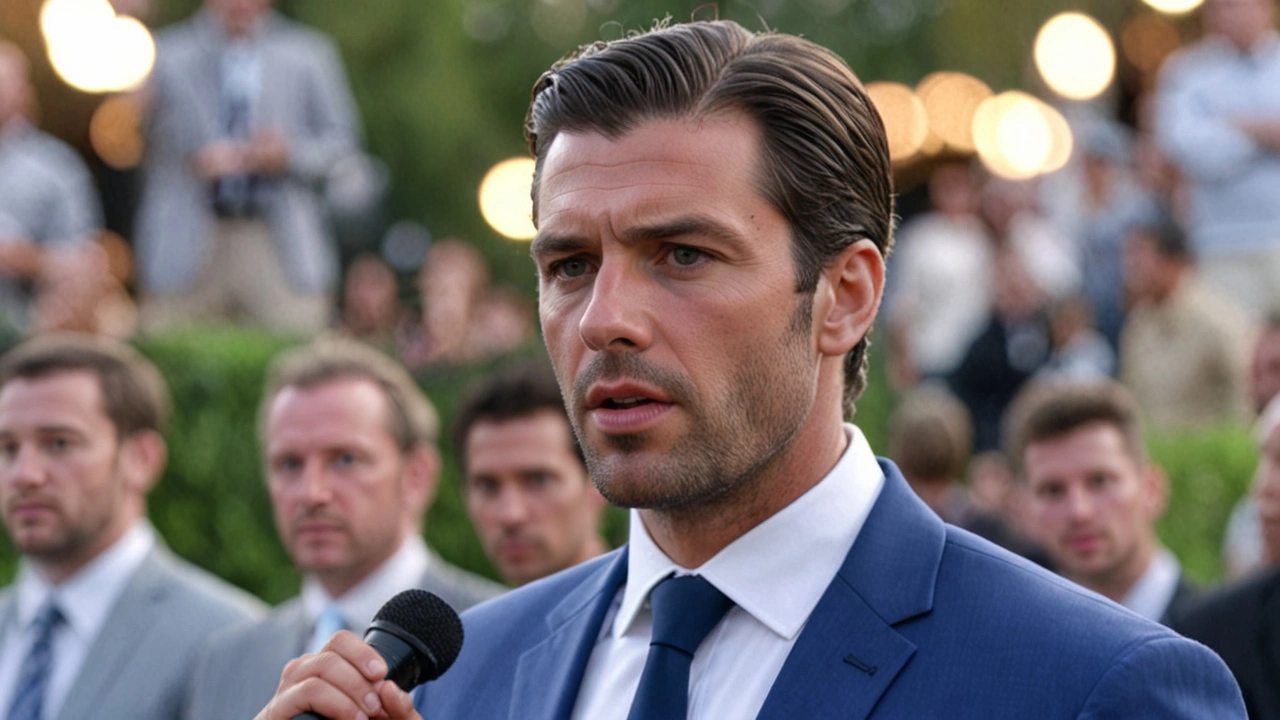Raila Won’t Speak for Gen Z: Sifuna Clarifies on Dialogue with President Ruto
 Jul, 10 2024
Jul, 10 2024
Introduction
As Kenya prepares for its much-anticipated national dialogue, a new point of contention has surfaced surrounding the representation of Generation Z. Nairobi Senator Edwin Sifuna recently clarified the role of Azimio leader Raila Odinga in this dialogue and addressed growing concerns and misunderstandings regarding which groups Odinga will represent.
Edwin Sifuna's Statement
Senator Edwin Sifuna, a prominent political figure in Nairobi, has taken a firm stand on the narrative that Raila Odinga, the Azimio coalition leader, is not the voice of Generation Z in the upcoming six-day dialogue with President William Ruto. According to Sifuna, Generation Z, often seen as the future of the nation, has explicitly stated that they are 'partyless' and do not view Odinga as their leader.
The Role of Raila Odinga
In addressing these concerns, Sifuna emphasized that Odinga’s participation in the dialogue is not to represent the interests or opinions of Generation Z. Instead, Odinga will be representing the people he leads, an important distinction that Sifuna feels has been overlooked. This includes Odinga himself, his political allies, and supporters. Sifuna urged the public to understand that just because Odinga is involved doesn't mean he speaks for the younger generation.

Generation Z’s Position
Generation Z, a demographic cohort following Millennials, has increasingly become a significant voice in politics and societal issues. Known for their progressive views and active social media presence, they have carved out their own space in the political landscape. However, they have chosen to remain 'partyless’ and unaffiliated with traditional party leaders like Odinga, which speaks volumes about their desire for new leadership and fresh perspectives.
Previous Engagements
Gen Z's interaction with President Ruto has also been significant. Sifuna mentioned that this demographic has already liaised with Ruto via social media platforms like X (formerly Twitter). These engagements have allowed them to voice their concerns directly to the President, reflecting their proactive stance in shaping the country's political discourse without the intermediary of traditional politicians.
Purpose of the Dialogue
The upcoming dialogue, scheduled to start on July 15 and end on July 22, seeks to open up a platform for national reconciliation, deliberation, and solution-driven discussions. Both President Ruto and Raila Odinga have underscored the importance of this forum. The aim is to find practical and sustainable solutions to some of Kenya’s most pressing issues, including economic instability, corruption, and social inequality.

Importance of Inclusivity
This dialogue represents an opportunity for Kenyans from all walks of life to be heard, to express their views, and to contribute to the collective effort of nation-building. The inclusion of various demographics, including Generation Z, is essential for the discussions to be comprehensive and holistic. While Raila Odinga represents his followers, there are other channels through which Gen Z can assert their presence and voice their thoughts, ensuring their input forms part of the national conversation.
Challenges and Expectations
However, challenges remain. One of the primary issues is ensuring that the dialogue remains constructive and inclusive. The political dynamics and historical tensions between the involved parties can sometimes overshadow the core objective—finding lasting solutions for Kenya's future. There is a collective hope that both leaders and participants will prioritize national interest over individual or party-centric agendas.
Looking Ahead
As Kenya edges closer to this crucial dialogue, the spotlight will undoubtedly remain on the interactions and developments during the six-day period. Citizens, politicians, and observers alike will keenly watch the proceedings, hoping for meaningful and transformative outcomes that can pave the way for a more united and prosperous Kenya. The dialogue could set the precedent for future engagements, where diverse voices come together to chart a harmonious path forward.
Conclusion
Senator Edwin Sifuna's clarification on Raila Odinga's role in the national dialogue comes at a critical time. It highlights the evolving political landscape of Kenya, where traditional leadership intersects with the emerging influence of younger generations. This dialogue represents not just a meeting of minds but a potential turning point in how different segments of society collaborate to shape the nation’s future. As the dialogue unfolds, it will be essential to observe how effectively all these elements come together to foster a more inclusive and progressive Kenya.